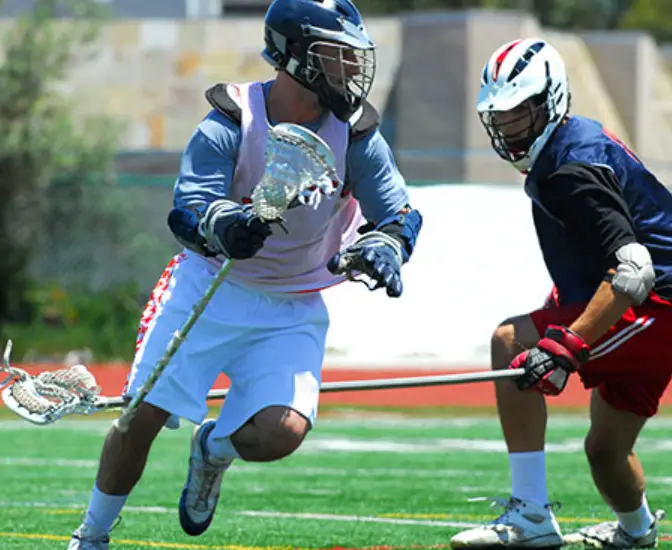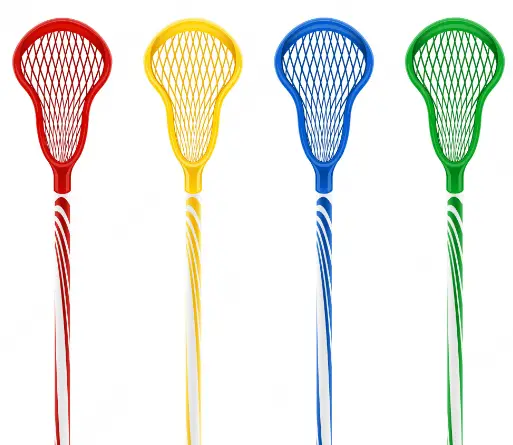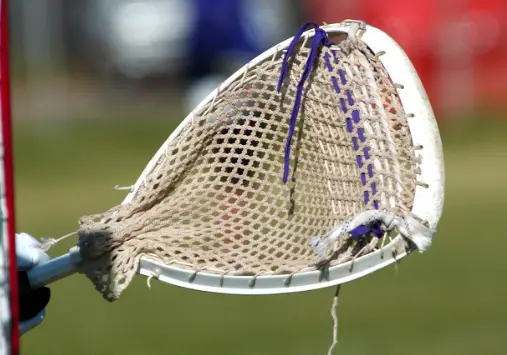Lacrosse is a fast-paced, high-energy sport that requires physical and mental stamina. As with any athletic endeavor, players need to take care of their bodies and minds to perform at their best. Recovery after a game or practice is crucial to prevent injuries and enhance performance. But what are the best practices for lacrosse players to recover effectively? In this article, we will explore some practical tips to help lacrosse players recover from practice and games, including proper nutrition, hydration, stretching, and sleep. By implementing these strategies, players can improve their performance, reduce the risk of injury, and maximize their overall well-being.
What are the best ways to recover after a lacrosse game?
After playing a lacrosse game, your body will need time to recover and heal. Here are some tips to help speed up your recovery:
• Hydrate: Drinking water before, during, and after the game is essential, especially when playing under the hot sun. Dehydration can cause muscle cramps and fatigue.
• Stretching: Stretching after a game helps reduce muscle soreness and stiffness. Focus on stretching your legs, back, shoulders, and arms.
• Rest: Get plenty of rest after a game. Sufficient sleep helps repair your muscles and speeds up recovery.
• Ice: Apply an ice pack to sore areas, especially joints, to help reduce inflammation.
How do I recover my energy after a lacrosse practice?
Lacrosse practice is a high-intensity workout that drains a lot of energy. Here are some tips to help recharge your energy after practice:
• Refuel: Eat foods that are rich in protein and carbohydrates to replenish your energy levels. Bananas, peanut butter, and oatmeal are good options.
• Water: Drink plenty of water to rehydrate your body. Water is better than sports drinks as it replenishes fluid without adding extra calories.
• Take it easy: After practice, avoid any strenuous activities and allow your body to rest and recover.
What are some essential techniques for muscle recovery after a game?
Muscle soreness is a common problem after a lacrosse game. Here are some techniques that can help ease muscle soreness:
• Massage: Massaging your muscles helps relieve tension and aids in faster recovery.
• Compression: Wearing compression garments such as sleeves or socks helps reduce muscle soreness and inflammation.
• Heat therapy: Using heat therapy techniques such as soaking in a warm bath or using heat pads also helps reduce muscle soreness.
How do I prevent injuries and take care of broken bones if I have one?
Injuries are common in lacrosse. Taking care of your body and knowing how to prevent injuries is crucial. Here are some tips for injury prevention:
• Warm-up: Warming up before training or playing a game helps prevent injuries. Spend at least 10-15 minutes doing dynamic exercises and stretches.
• Protect yourself: Use protective gear such as helmets, mouth guards, and shin guards. They protect you from head, facial, and leg injuries.
• Consult a doctor: If you have a broken bone or any other injury, see a doctor immediately. Follow their recommendations and take the necessary steps to recover.
How can I recover from a concussion?
Concussions are serious injuries that require immediate attention. Here are some tips for a speedy recovery:
• Rest: Resting is essential after a concussion, both physically and mentally.
• Avoid activities: Avoid activities such as reading, playing video games, or watching TV as it may prolong recovery.
• Consult a doctor: Seek medical attention immediately if you suspect a concussion.
How can hydration boost my workout performance and recovery?
Staying hydrated is crucial when it comes to performing well during lacrosse practices and games. Here are some benefits of hydration:
• Boosts performance: Hydration is essential for muscle function and energy production, which helps improve performance.
• Reduces fatigue: Adequate hydration helps reduce muscle fatigue and soreness.
• Improves recovery: Drinking water after a workout helps replenish lost fluids and speeds up recovery.
Conclusion
In conclusion, recovering from lacrosse practice and games is crucial to avoid injuries and improve performance. It’s important to hydrate properly, refuel with a balanced diet, stretch and foam roll, and get enough rest and sleep. In addition, incorporating active recovery techniques such as yoga or light cardio can also aid in recovery. Remember that every athlete’s body is different, so finding a recovery routine that works best for you is key. By prioritizing recovery, you can not only avoid burnout and injuries but also excel on the field and reach your full potential as a lacrosse player.







